Viral Fever | Symptoms, Causes, Diagnosis And Treatment
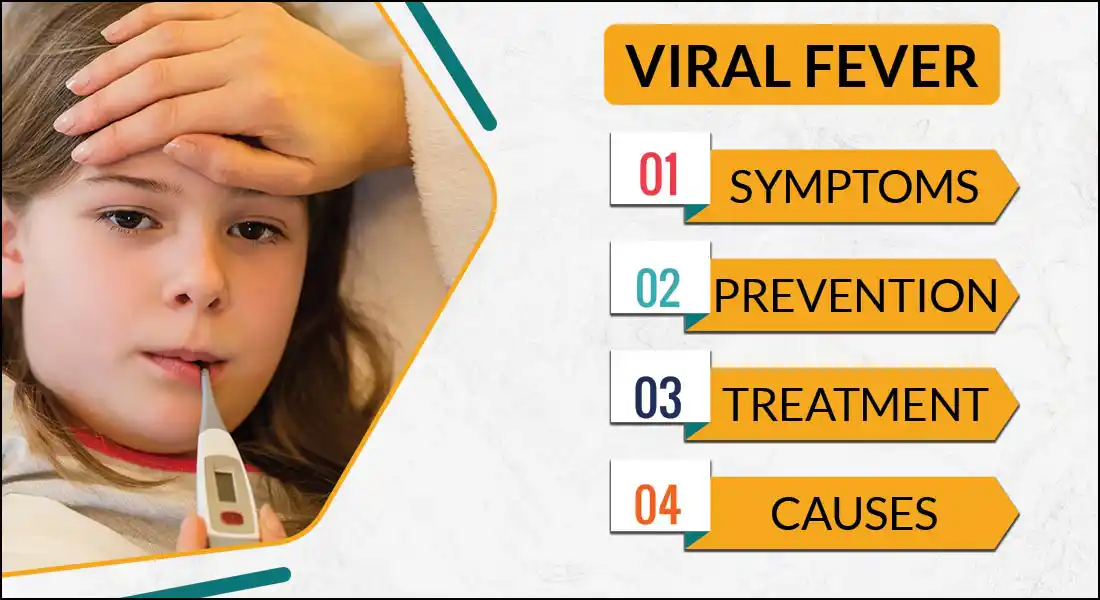
On this page
During season changes, especially in Monsoon, you will find more people getting fever and other flu-like symptoms. This is primarily called viral fever, caused by a variety of viruses. It is not considered an illness or disease but an indication or result of an underlying viral infection. The fever occurs due to the body’s response to viral antigens, indicating an infection.
Viral fevers are more acute and may last for 3-5 days. However, in some cases, the fever may last long for up to 14 days. People may experience mild to high fever, depending on the type of viral infection the person has. But at times, the symptoms of viral fever may go completely undiagnosed. This can cause severe complications at a later stage.
If you have a fever that does not go away in 1-3 days, seek prompt medical attention to diagnose the underlying infection and get proper treatment.
What Are The Symptoms Of Viral Fever?
Depending on the underlying viral infection, the symptoms of viral fever may include:
- Body temperatures ranging from 99°F to over 103°F
- Frequent chills
- Headache
- Running nose
- Sore throat
- Loss of appetite
- Muscle aches and pains
- Dehydration
In addition to the above symptoms, check out for other signs such as redness of the eyes, loss of appetite and skin rashes. Some people may also experience swelling of the face, nausea or vomiting, abdominal pain, diarrhoea, or dizziness.
Typically, viral fevers are self-limiting. Hence, you can expect the symptoms of viral fever to subside in a few days. If the symptoms worsen or persist, consult a doctor immediately and get medical advice.
Causes Of Viral Fever
Viral fever happens when the body naturally produces pyrogens as a defensive mechanism against viral antigens. The causes may vary depending on the types of viral fever you have. However, some of the most common causes are:
- Eating food or drinking beverages that have been contaminated by some kind of virus, eventually causing an infection
- Unknowingly inhaling the air droplets when a person infected by viral fever coughs or sneezes nearby
- Coming in contact with viruses borne by animals or insects may also cause viral infection, such as rabies or fever
- Exchanging body fluids through needle prick or blood transfusion from an infected person to a healthy person
- Lack of immunity in children and aged people is one of the common causes of viral fever
- Coming in contact with a contaminated area
Types Of Viral Fever
Depending on the part of the body being affected, there are different types of viral fever as classified herewith:
- Respiratory Viral Fever: In this condition, the virus affects the upper or lower part of the respiratory tract, causing conditions like common cold, flu, rhinovirus, laryngitis, viral bronchitis, measles, polio, SARS COVID-19, etc.
- Exanthematous Viral Fever: In addition to causing fever, this type of viral infection also affects the skin. Rashes and skin eruptions are common symptoms. Examples include chickenpox, measles, roseola and rubella.
- Viral Enteritis: This viral infection affects the digestive tract and is also known as stomach flu. Common gastrointestinal viral fever conditions are rotavirus, norovirus, adenovirus and astrovirus.
In addition to the above, haemorrhagic viral fever and neurologic viral fever are two other common types of viral infections.
Diagnosis Of Viral Fever
Reviewing the signs and symptoms isn’t enough to diagnose a viral infection. This is because fever is a common health condition caused due to various underlying ailments. Additionally, the symptoms of viral and bacterial infections often seem similar, making the former difficult to diagnose.
Therefore, your doctor may get started with understanding the severity of the symptoms, your health status, history of the fever or whether the symptoms are improving or worsening. For effective diagnosis, he may recommend diagnostic tests such as urine tests, blood tests, swab tests, sputum tests, or specific antibody or viral antigen tests.
If bacteria are not found in the above tests, it is concluded that the person may have a viral infection.
Treatment For Viral Fever
Typically, there is no treatment for viral fever because antibiotics do not work in viral infections. However, your doctor may recommend certain medications that may alleviate the symptoms. Here are some common viral fever treatment methods:
- Over-the-counter medicines such as ibuprofen or paracetamol can help reduce fever and its symptoms
- Drink plenty of fluids to stay well hydrated. It also helps replenish the fluid you lose while sweating
- Take anti-viral medications when applicable
- To lower your body temperature in case of high fever, take a lukewarm bath or apply a damp cloth to the forehead
Complications
Viral fever is usually not serious but if left undiagnosed and untreated, it may result in a few complications like dehydration, seizures, hallucination, nervous system malfunctions, shock, liver & kidney failure, organ failure, respiratory dysfunction and even coma.
If you get a fever that does not subside in 1-3 days, seek a doctor’s advice for proper diagnosis and viral fever treatment.
How Long Does Viral Fever Last?
The majority of viral fevers last 3 to 4 days and goes up to a week, and some, like dengue fever can last up to 10 days or longer. Although, the duration of fever varies to the type of fever you suffering from
DISCLAIMER: THIS WEBSITE DOES NOT PROVIDE MEDICAL ADVICE. The information including text, graphics, images, and other material contained on this website is for informational purposes only. No material on this site is intended to be a substitute for professional medical advice, diagnosis, or treatment. Contact a health expert if you have questions about your health.








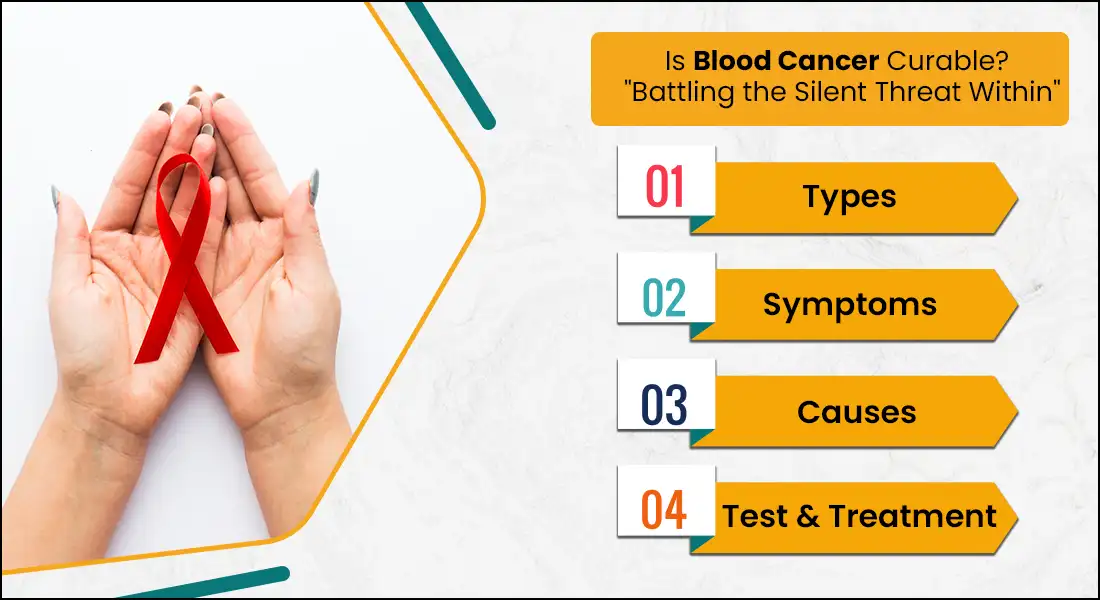
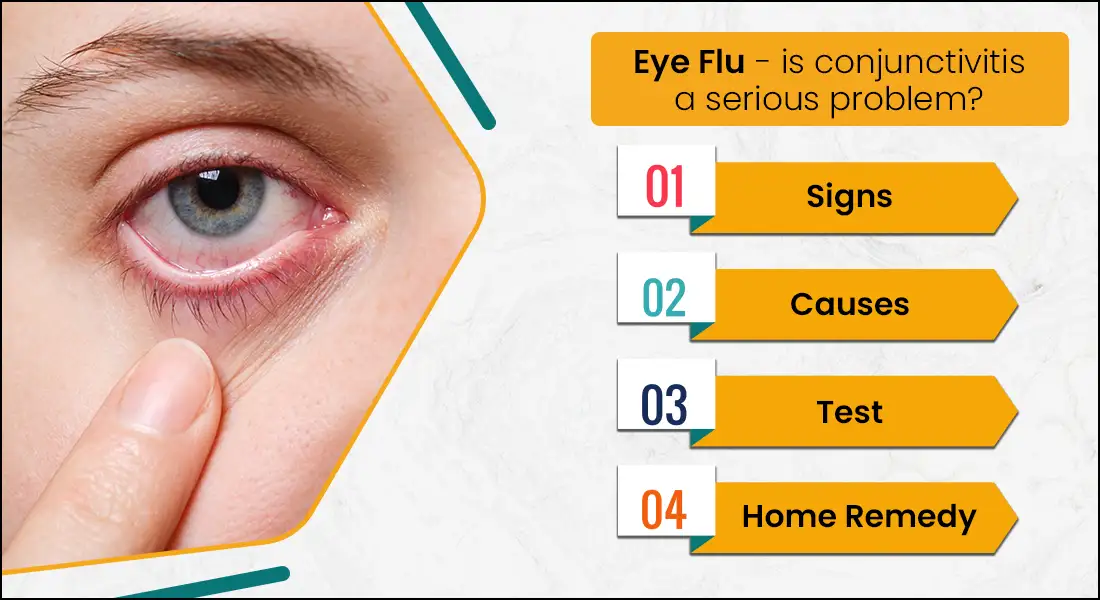
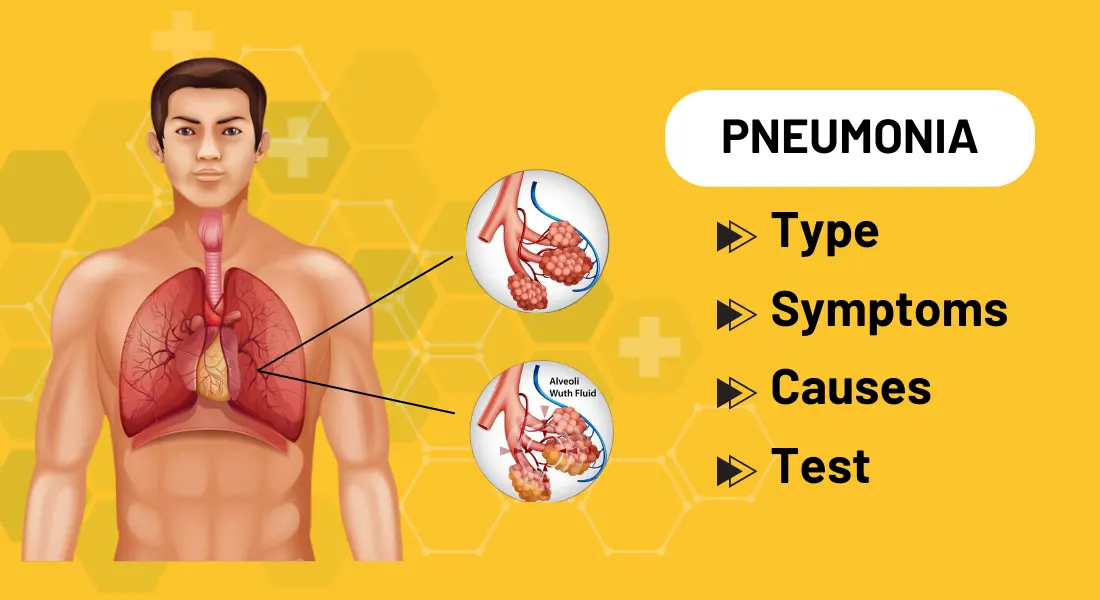
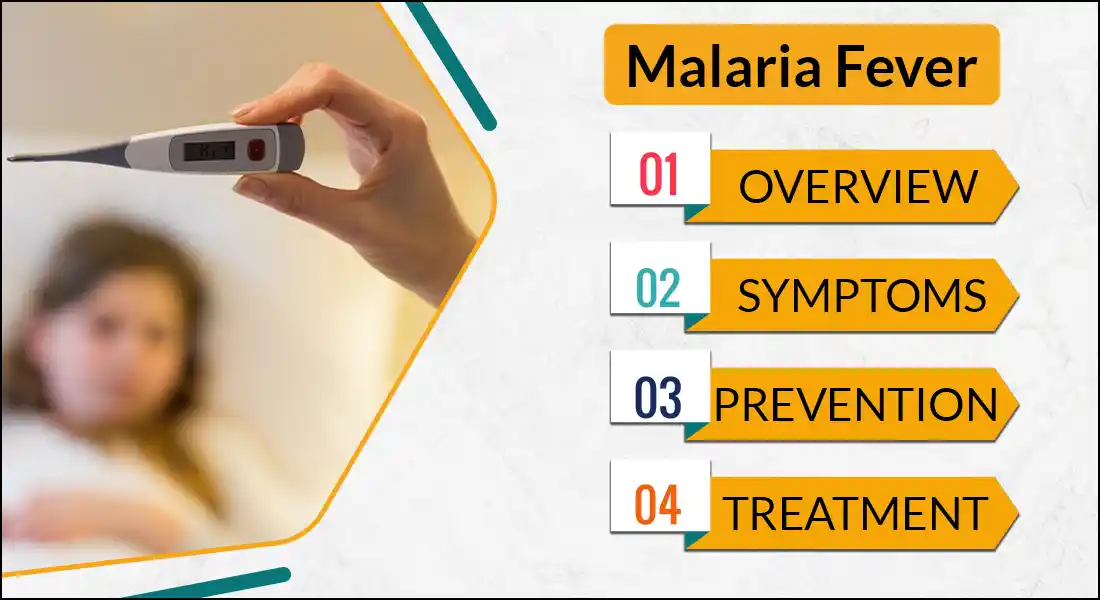





Comments List